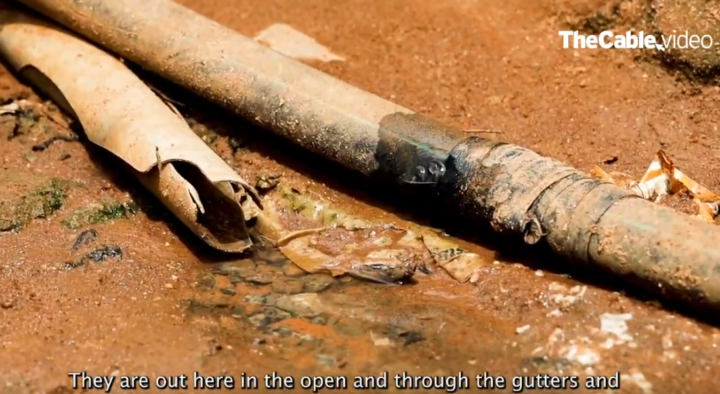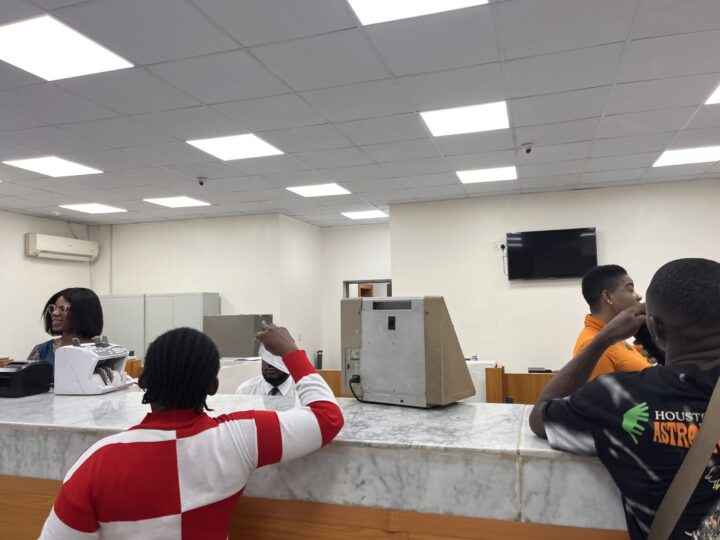Due to the lack of access to clean water, pipes laid in gutters and pathways were designed to transport water into the homes of residents of Abuja communities.
In Gishiri community, residents have been subjected to unhygienic water to cater for their domestic use, leaving them vulnerable to choleric bacteria.
To understand the reasons behind the situation, Anu Adelakun, in this penultimate instalment of a four-part documentary, travelled to the federal capital territory (FCT) and visited some communities and villages to detail their exposure to cholera.
At Lanto village in Kuje, Adelakun discovered that the same coloured stream that serves as a source of cooking and drinking water for the community also functions as a pathway for school children, residents and visitors.
Advertisement
In her interaction with them, members of the community decried the lack of government support amid the provision of just one borehole for the community.
Even with the informal privatisation of water in Kobi Sarki and Mpape markets, residents are still left at the mercy of visibly unhygienic water for the cooking of food and other domestic use.
The fourth part of the Water Manifesto series comes after reports on water scarcity in Enugu and the contamination of the Osun River by gold miners.
Advertisement
WATCH PART III OF THE WATER MANIFESTO
Add a comment







